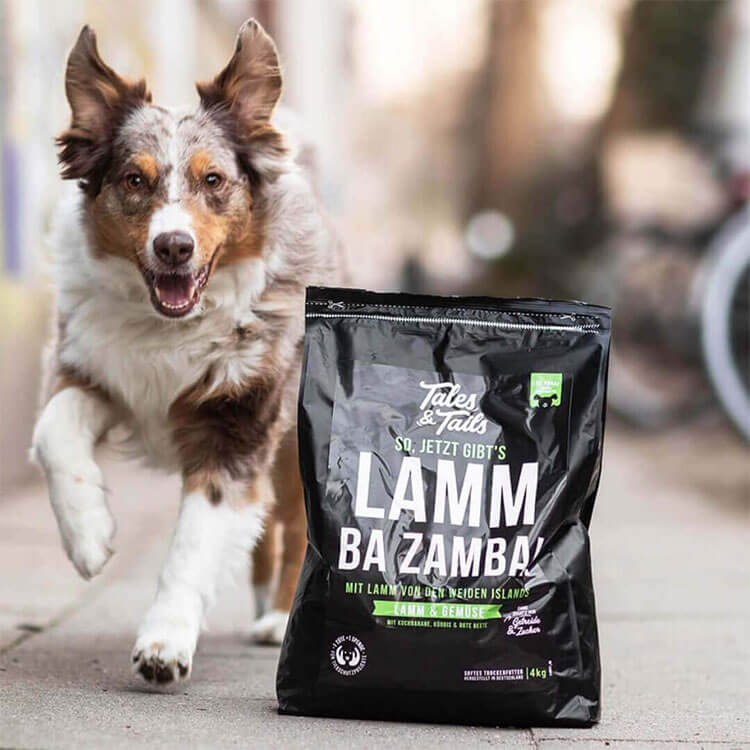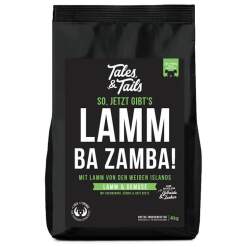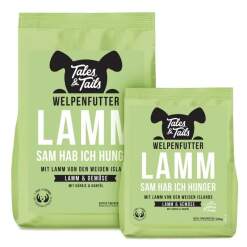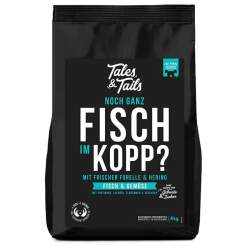Monoprotein – what is it?
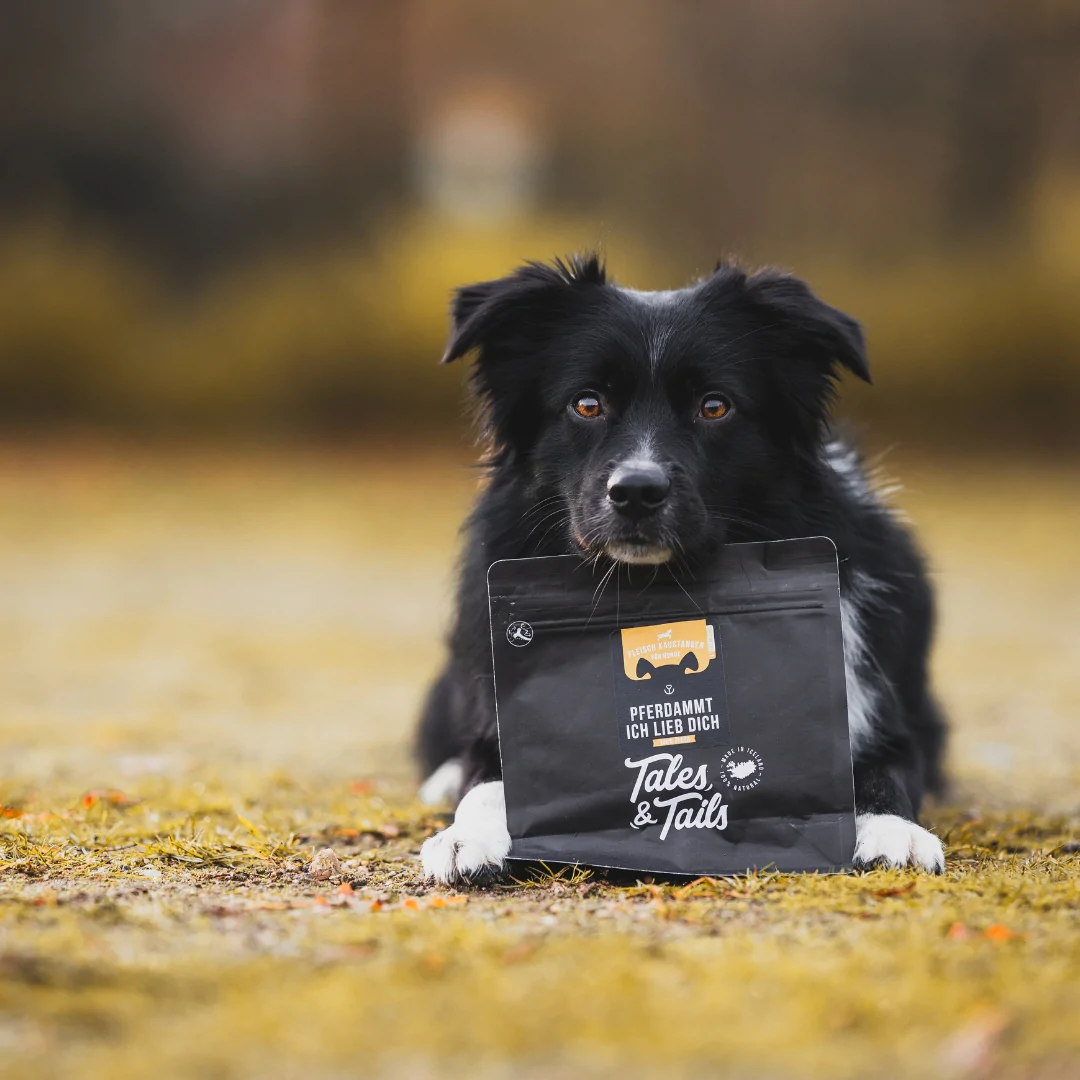 Recently, more and more pet shops have been stocking foods labelled as mono-protein. But, what exactly is it? What it means is that the food contains a single animal protein. If the front of the packet says “sheep” and the list of ingredients also says only “sheep”, then it is a monoprotein food. Attention should also be drawn to the animal sources of the added fats and oils. In this example, they should come from sheep. Thus, the cross-cutting animal protein in the composition of the food should be only one name.
Recently, more and more pet shops have been stocking foods labelled as mono-protein. But, what exactly is it? What it means is that the food contains a single animal protein. If the front of the packet says “sheep” and the list of ingredients also says only “sheep”, then it is a monoprotein food. Attention should also be drawn to the animal sources of the added fats and oils. In this example, they should come from sheep. Thus, the cross-cutting animal protein in the composition of the food should be only one name.
It is very important to always read the list of ingredients in pet foods and treats, because even if the package says “sheep” in big letters, many products have chicken as a filling, because it is a cheaper raw material. Chicken is a fairly well-known allergen in many pets.
Who can eat a mono-protein diet?
Monoprotein diets are suitable for pets with some animal protein deficiencies. allergy or food intolerance. Single-protein diets can help avoid specific proteins to which your pet is allergic, while ensuring a balanced diet. It should be remembered that the quality of the raw materials and the presence of various additives also play a major role. The cleaner the ingredients, the happier our pet will be.
Food allergy and food intolerance are not quite the same. In the case of a food allergy, there is a strong allergic reaction as the body tries to protect itself by mounting a strong immune response. This in turn can cause itching and various skin problems. In food intolerance, the body is unable to digest certain ingredients and this can manifest as diarrhoea and vomiting.
Many pet foods contain a variety of proteins and it is therefore quite difficult to identify the cause of a food intolerance or allergy. For this reason, mono-protein diets are good aids to an elimination diet, i.e. they can be used to identify which proteins are not suitable for your pet. However, this is a long-term process and we strongly recommend consulting your vet.
Monoprotein foods are also suitable for those who have sensitive digestion, because it is easier to digest one protein source than several different ones. Organisms process different proteins at different rates. The most digestible protein sources are, for example, beef, lamb, chicken and eggs. Less digestible protein sources are mainly plant-based.
It has been found that food intolerances or allergies can be related to how often and in what amounts an animal is exposed to substances during its lifetime, and can occur at any time. Therefore, it is recommended to change the sources of protein in the diet from time to time (if known), and to vary the amount of protein in the diet from time to time. which proteins are suitable for pets), as this would help to reduce the allergenicity of a particular protein, making allergies less likely.
The choice of mono-protein foods and sweets on our market is still quite limited. There is a particularly small selection of sweets that do not contain chicken.
As our own dog Ulf is allergic to chicken, we struggled to find treats (many of the treats contain some chicken, although there is no reference to chicken on the front of the packet). Even the smallest amount of chicken triggered itching and watery eyes. So we have put a lot of effort into ensuring that dogs with food intolerances or allergies can find something good and of high quality.
Ulf is fed Tales & Tails sheep food on a daily basis and it is very suitable for him as it consists only of sheep (75% sheep) and the texture is soft and semi-moist. We also have a high proportion of mono-protein treats (beef, lamb, turkey, horse, cod, chicken) and oh what fans our dogs are, as the meat content is much higher than average (between 80% and 100%) and the majority are air-dried. In addition to the Tales & Tails brand, products from companies such as WOW, Naturfutter and Rocketo are represented.


